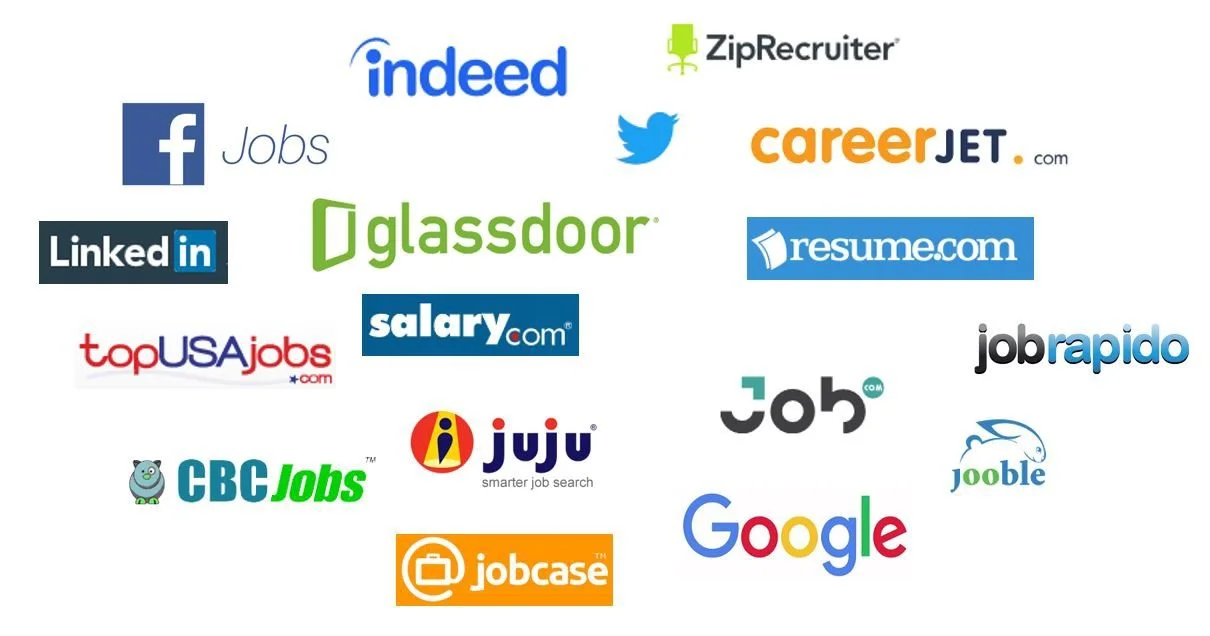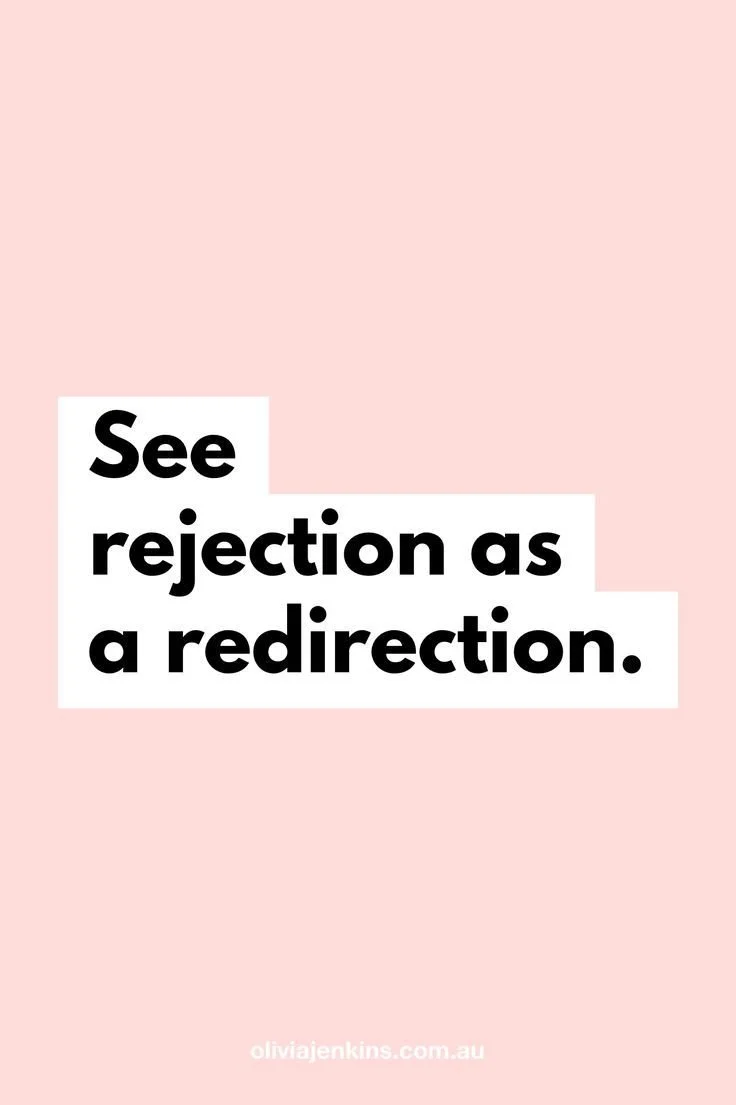What I Learned Applying for Summer Internships (Pt.2)
By: Sydney Henry ‘24
In the first part I covered the first step when it comes to applying for internships and the importance of a resume and cover letter. Now let’s get into what to do once you get those first two steps out of the way. Now comes research and actively applying.
In order to apply for these internships, you have to find them. In order to find them you need to make use of different job boards.
The #1 recommended job board is LinkedIn. If you don’t have one of these you need to make one NOW.
LinkedIn will help you “Manage your professional identity. Build and engage with your professional network. Access knowledge, insights and opportunities,” (LinkedIn).
When looking for professional internships (aka not scams) this is the place to go. It is also the place to go when it comes to building your network which can in turn get you referral for other internships or even full time job positions.
When creating my LinkedIn I wasn’t sure what to include. The demo they guide you through is a great help but another good idea is to look at other people’s profiles and take note of techniques and formats they use that you like and rework it to fit your specific needs.
Other job boards you can look at include connectsc, Handshake, Indeed, Glassdoor, and many others. But, beware that job boards like Indeed and Glassdoor aren’t 100% reputable and contain scams, speaking from personal experience.
You can check out my LinkedIn here. Just keep in mind it’s nowhere near perfect.
When you finally find internships you want to apply for, make sure to read and do your research.
Read the job description including what qualifications are required, what the job entails, the pay range, etc.
Also use the job description to your advantage and include keywords from it on your resume. For a lot of these bigger companies, like Google or Microsoft, they get hundreds or even thousands of applications. So instead of reading through each resume individually, they run it through a system that scans the resume for keywords matching the job description. If your resume has these keywords you’re more likely to receive a call back.
Do your research!!!
You don’t want to work for a company that has a questionable reputation or poor work environment. Research the company, look at who in your network works there (mainly seen on LinkedIn), and read employee testimonies if available. While the internship is temporary, you don’t want to be stuck working for 10-12 weeks at a company you don’t like, even if the pay is good.
Finally, for a little bit of reassurance and motivation, don’t get discouraged by rejection. There are many people applying for the same position as you and most of them are getting rejected just like you. Just make sure to keep actively applying and consistently learn new skills that you can use to your advantage.
That’s all I have for you today. Let me know if you want a post on the interview process for internships and what to do once you get the position. As always, #FightOn!
Want more from Trojans 360?
Visit Trojans 360 on Facebook & Twitter to stay up to date with more student content! You can also Ask A Trojan an anonymous question, and we’ll try to answer it in a future post. And don’t forget to follow us on Instagram!
Trojans 360 is USC’s official student-run blog. Content created by students, for students.





